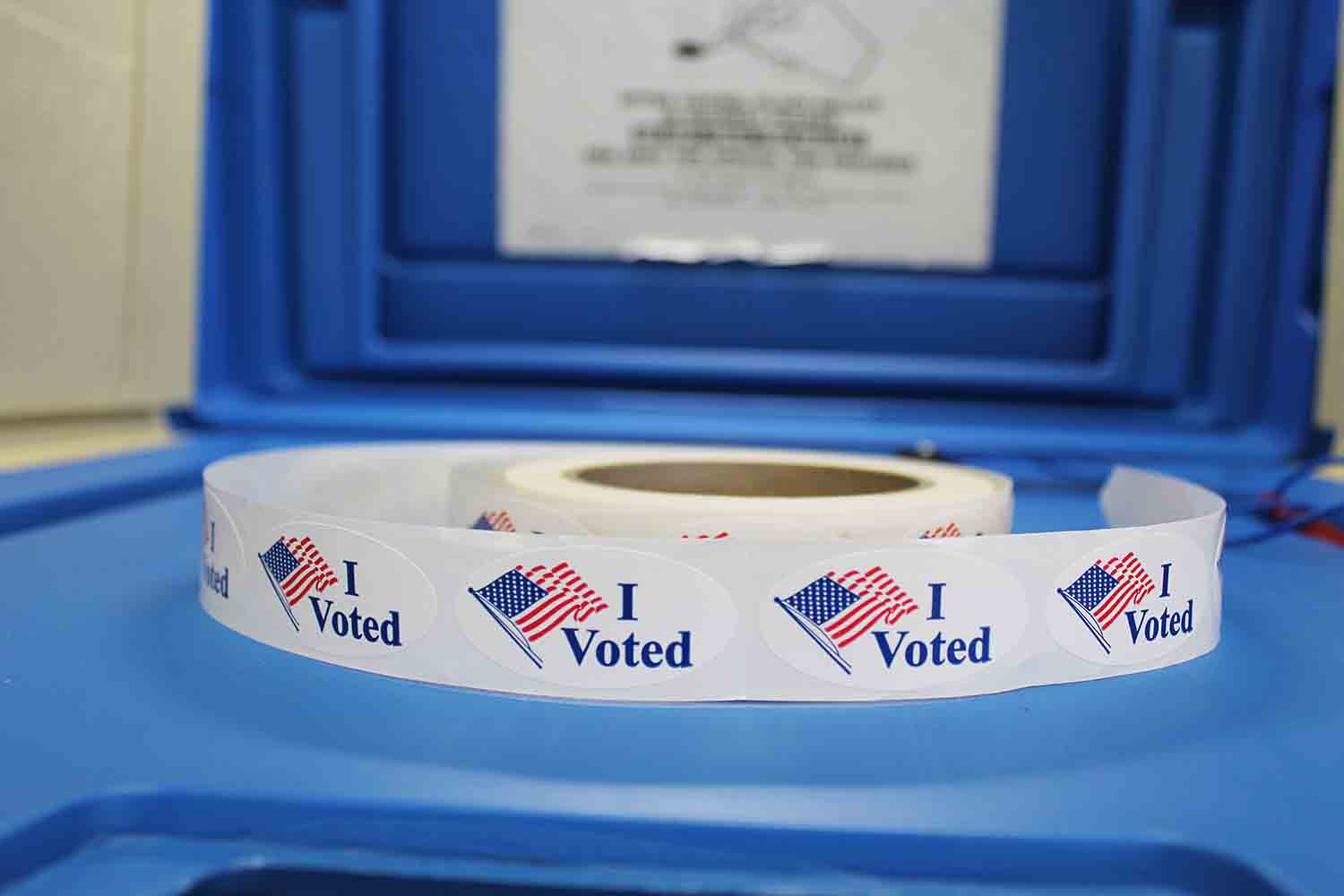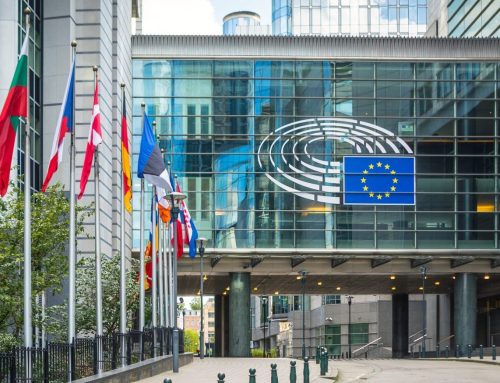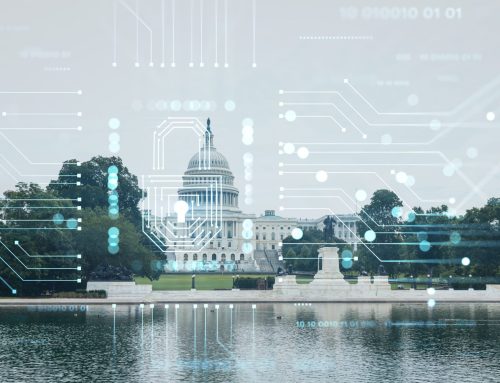Government officials and tech titans could be excused for breathing a huge, collective sigh of relief if next week’s midterms come to pass without evidence of widespread foreign manipulation. But if recent U.S. elections are any indication, the threat of electoral interference will continue long after the last ballot is cast.
It may seem deeply counterintuitive for foreign actors to interfere in an election after it has taken place. However, if we consider the goal of information operations to be less about affecting the outcome of elections than shattering Americans’ confidence in the validity of election results, the tactic fits squarely into the Kremlin’s strategic goal of “undermining faith in democratic institutions.”
“I could absolutely envision a scenario where someone claims to have had access or claims to have hacked [an election],” said Christopher Krebs, the undersecretary of the National Protection and Programs Directorate (NPPD).
Krebs’ concern is hardly a hypothetical, worst-case scenario. In the aftermath of the 2016 U.S. presidential election, Russian trolls operated by the Internet Research Agency (IRA) in St. Petersburg promoted “rigged election” narratives to Americans on both ends of the political spectrum, spinning the individual storylines for partisan appeal.
“Let’s recount the votes in California, New Hampshire, Nevada, and New Mexico to see how many illegal aliens and dead people voted #TrumpTrain,” tweeted @Finley1589, a since-suspended troll account, who amplified inaccurate claims that voter fraud cost the president the popular election.
Trolls targeting Americans on the left countered with assertions of “rigged voting machines” and widespread disenfranchisement. In a profound bit of irony, one account, @happkendrahappy, even hinted at ongoing Russian mischief, tweeting, “The Election Is Over, But #Russia Is Still Hacking #Putin #CyberSecurity #CyberAttack.”
“You don’t actually have to change any votes, you don’t actually have to break into any systems. You just have to create the perception of it,” said Clint Watts, a non-resident fellow with the Alliance for Securing Democracy.
It is a low-cost, high-reward strategy — and it seems to be working. Nearly 80 percent of Americans are at least somewhat concerned about the threat of an election hack, according to a recent poll conducted by the University of Chicago Harris School of Public Policy and the AP-NORC Center for Public Affairs Research.
Recent evidence suggests that Russian efforts to create an aura of uncertainty around American elections have continued since 2016. After the contentious Alabama special election between Doug Jones and Roy Moore in December 2017, Russian-linked accounts monitored on Hamilton 68, a tool from the Alliance for Securing Democracy that tracks trends in Kremlin-oriented Twitter networks, noted the promotion of an article claiming that “Busloads of Blacks from 3 States Drove to Alabama to Vote Illegally.”
And in the past few months, the Kremlin’s state-owned propaganda machine has again begun to churn out vulnerable election narratives in advance of Tuesday’s elections. These articles adopt many of the same themes promoted during the 2016 election, including concerns over potential voter purging and suppression, hacking attempts, election infrastructure vulnerability, and foreign meddling. Though now deactivated, in the weeks before their suspension, inauthentic social media accounts posing as Americans also began to echo fears of potential election fraud, illegal voters, and foreign interference.
Clearly, the Russians are not alone in stoking anxiety over election security issues. Hardly a day has passed over the past year without the U.S. media providing damning coverage of our collective defenses against foreign interference, particularly as they relate to the security of our election infrastructure. Those concerns are not unfounded, as Russian agents reportedly penetrated a number of states’ electoral systems before the 2016 U.S. presidential election. And despite the lessons of 2016, only around half of U.S. states currently require post-election audits, leaving many districts unable to answer important questions should irregularities arise. But while we may have more to fear than fear itself, alarmist headlines could make future claims of election interference more effective than they might otherwise be, even if they are entirely unfounded.
The threat, then, is that any snafu on Tuesday — and there undoubtedly will be some — will be presented as proof positive that the election has been hacked. Like vultures circling a wounded animal, Russian trolls on social media will be waiting, ready to pick at the carcass of our democracy. It is therefore essential that government officials be prepared to push back with clear and consistent messages, and that the media act with caution, resisting the urge to cover unconfirmed (and potentially false) reports.
But in the social media age, it is the responsibility of all of us — not just government officials and members of the media — to remain vigilant to the threat of disinformation before, during, and after the election. The time to let our guard down is not when the last vote is tallied, but when Americans’ faith in our electoral system, and indeed, our democracy, has been restored.
The views expressed in GMF publications and commentary are the views of the author alone.





